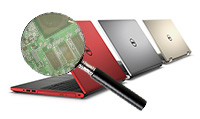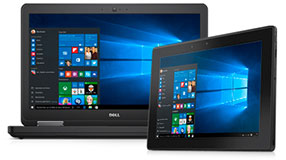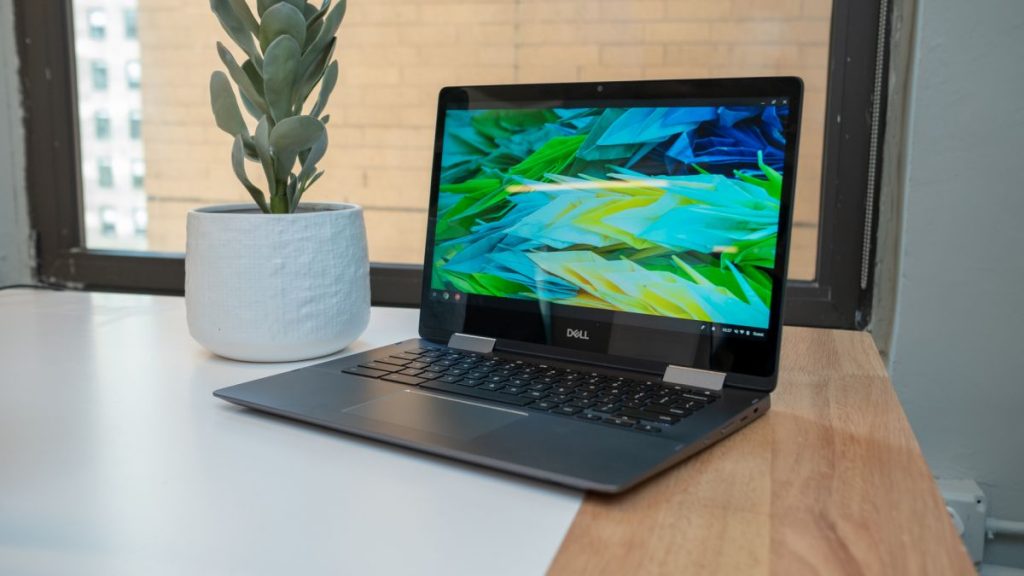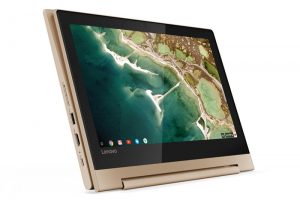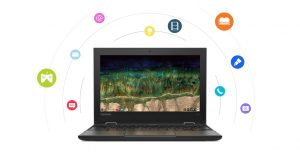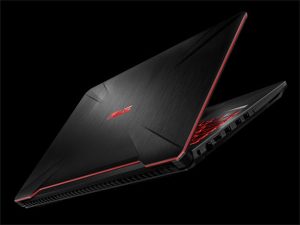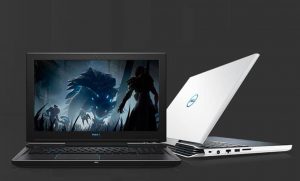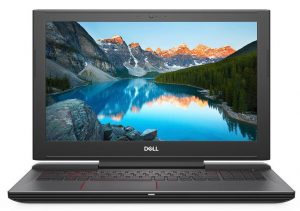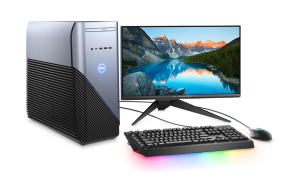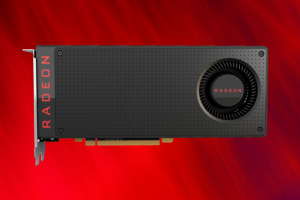

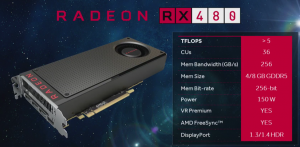

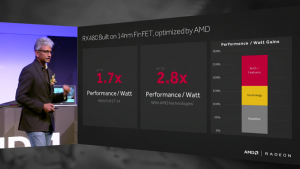

While it’s impossible to say for sure yet just how well the Radeon RX 480 stacks up against its high-end competition, recently leaked benchmark results indicate it may very well be all that AMD claims it is. Based on a review of the Core clock and memory bus clock specifications from a recent entry in Futuremark’s database for 3DMark 11, the entry tested appears to be the RX 480. Assuming those in the know have guessed correctly, results show that the wallet-friendly RX 480 (when paired with an Intel Core i7-4770) scored 14,461 in the Performance run. A score that high indicates a card that is fast enough for VR, and even puts it above a “VR-Ready” PC. In fact, this benchmark score comes in just under that of a baseline 4K gaming PC.
“What I’m most excited about with Radeon RX 480 (Polaris) is that it could increase the penetration of both HTC Vive and Oculus Rift VR solutions and increase VR accessibility for more gamers,” says Patrick Moorhead, founder and principal analyst at Moor Insights & Strategy. “A VR-ready GPU at $199 democratizes PC VR solutions and enables even lower-cost VR solutions in the future.”

 Laptop & Tablet Parts
Laptop & Tablet Parts